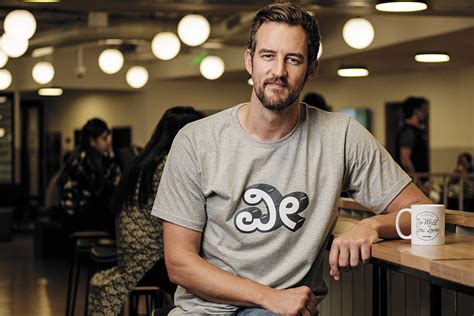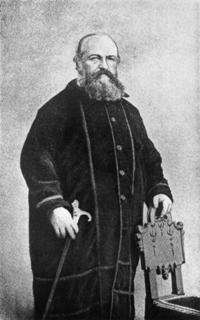A Quote by Tadao Ando
I create enclosed spaces mainly by means of thick concrete walls. The primary reason is to create a place for the individual, a zone for oneself within society. When the external factors of a city's environment require the wall to be without openings, the interior must be especially full and satisfying.
Related Quotes
Good leaders, competent leaders must see it as primary task to create friendliness. This something within the scope of most people. Now artists, like writers and sort of course have an added option of using their scale and talent with this in view. It is their business to create an environment in which our people will prosper and be happy.
Add to this cruelly delicate organism the overpowering necessity to create, create, create - so that without the creating of music or poetry or books or buildings or something of meaning, his very breath is cut off from him. He must create, must pour out creation. By some strange, unknown, inward urgency he is not really alive unless he is creating.
Web publishing can create common spaces; it all depends on how we, the readers and sometimes the producers, react to technological change. If we sort ourselves into narrow groups, common spaces will be in big trouble. But there's no reason not to have common spaces on the Internet. There are lots of them out there.
For the first time in his life, he stopped worrying about results, and as a consequence the terms “success” and “failure” had suddenly lost their meaning for him. The true purpose of art was not to create beautiful objects, he discovered. It was a method of understanding, a way of penetrating the world and finding one’s place in it, and whatever aesthetic qualities an individual canvas might have were almost an incidental by-product of the effort to engage oneself in this struggle, to enter into the thick of things.
Do you know what Agelisas said, when he was asked why the great city of Lacedomonie was not girded with walls? Because, pointing out the inhabitants and citizens of the city, so expert in military discipline and so strong and well armed: "Here," he said, "are the walls of the city," meaning that there is no wall but of bones, and that towns and cities can have no more secure nor stronger wall than the virtue of their citizens and inhabitants.
Peace must first be developed within an individual. And I believe that love, compassion, and altruism are the fundamental basis for peace. Once these qualities are developed within an individual, he or she is then able to create an atmosphere of peace and harmony. This atmosphere can be expanded and extended from the individual to his family, from the family to the community and eventually to the whole world.







































